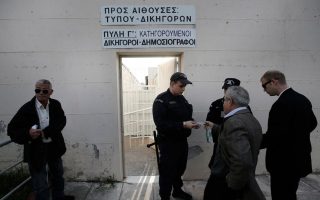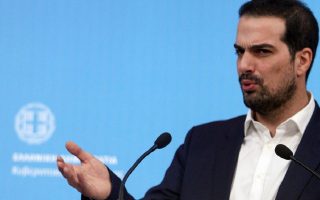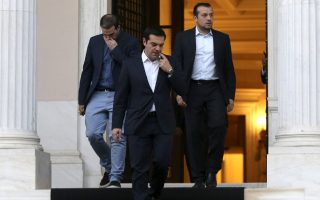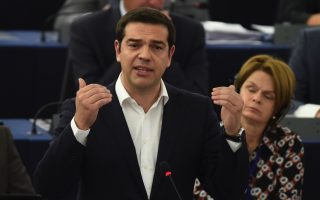ECB chief Draghi says Greece solution is ‘really hard’
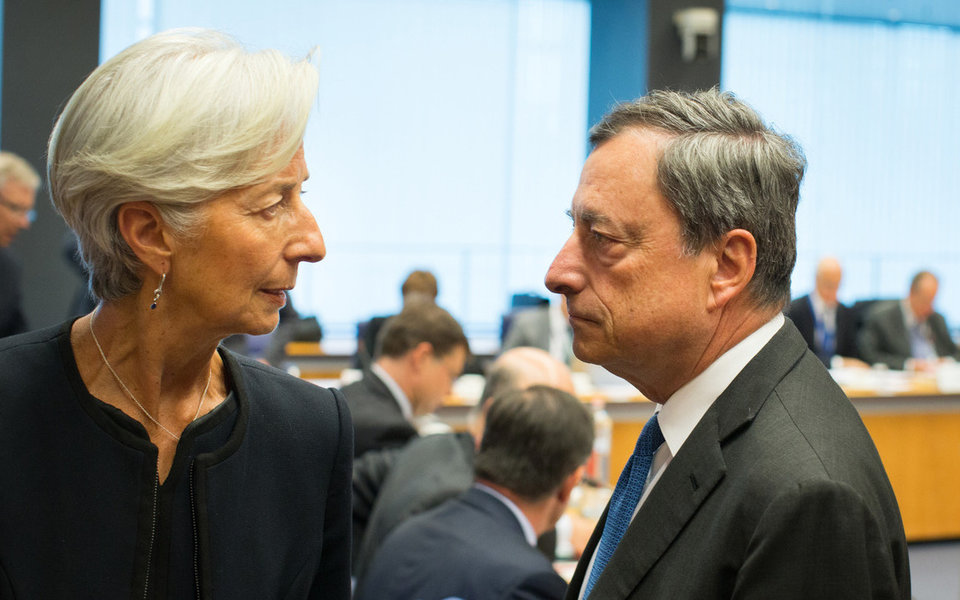
European Central Bank President Mario Draghi suggested the Greek debt crisis is getting increasingly hard to fix, speaking hours before the ECB maintained its freeze on extra aid for the country’s banks.
Landing in Rome on Wednesday after late-night talks in Brussels, Draghi was asked by Italian journalists if he would really be able “to close the dossier on Greece,” Il Sole 24 Ore and Corriere della Sera reported. “I don’t know,” he’s cited as saying. “This time it’s really difficult.” An ECB spokesman declined to comment on the reports.
Draghi’s remarks hint at the impasse faced by euro-area policy makers as they await a detailed economic package from Greek Prime Minister Alexis Tsipras before Thursday’s midnight deadline. Without evidence of a bailout plan, Draghi and his colleagues on the Governing Council refrained from increasing Emergency Liquidity Assistance for Greek banks from the current total of almost 89 billion euros ($98 billion).
ECB Governing Council member Jens Weidmann, the head of Germany’s Bundesbank, said on Thursday that the ECB shouldn’t expand that credit line unless Greece is in a rescue program.
“The Eurosystem should not increase the liquidity provision, and capital controls need to stay in force until an appropriate support package has been agreed by all parties and the solvency of both the Greek government and the Greek banking system has been ensured,” he said. “ELA is no longer being used to finance capital flight. This certainly represents a step forward, and shifts the responsibility to where it belongs: with the governments and parliaments.”
Weidmann also said that any short-term assistance to Greece must come from fiscal policy makers rather than central bankers. Euro-area officials have informally discussed an arrangement whereby the ECB maintains liquidity to Greek lenders in return for a guarantee for the loans, according to people familiar with the matter.
One alternative for Greece was given little credence by Draghi on Wednesday, when he was asked by the Italian journalists if Russian President Vladimir Putin might call Tsipras and offer aid.
“I do not think that will happen,” Draghi said, according to Il Sole. “It doesn’t seem like a real risk. Also, they don’t have money even for themselves.”
[Bloomberg]
